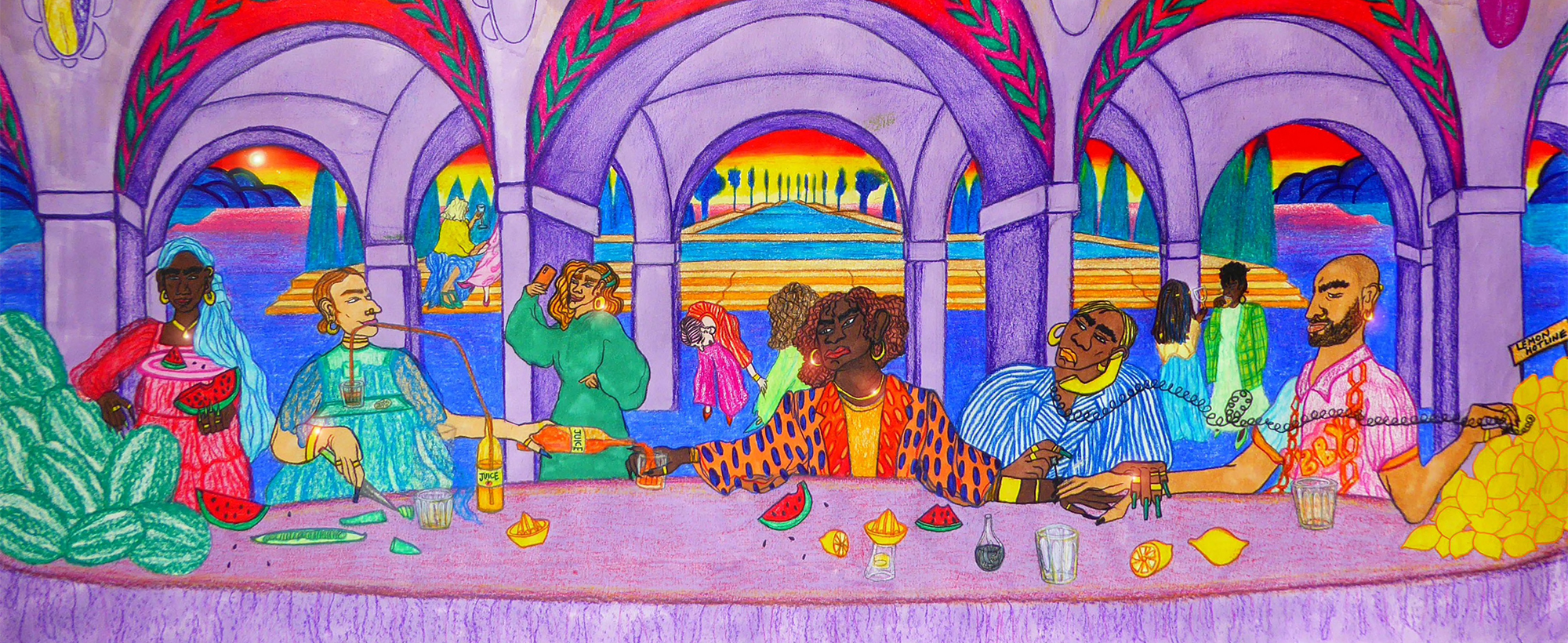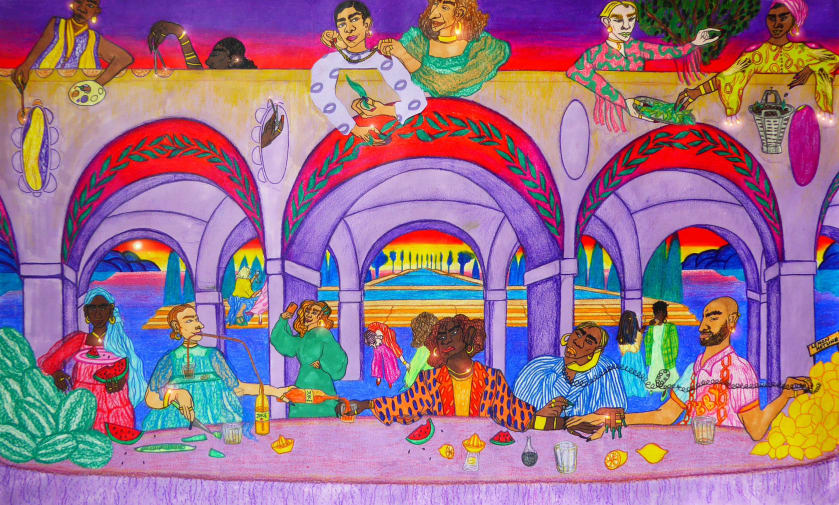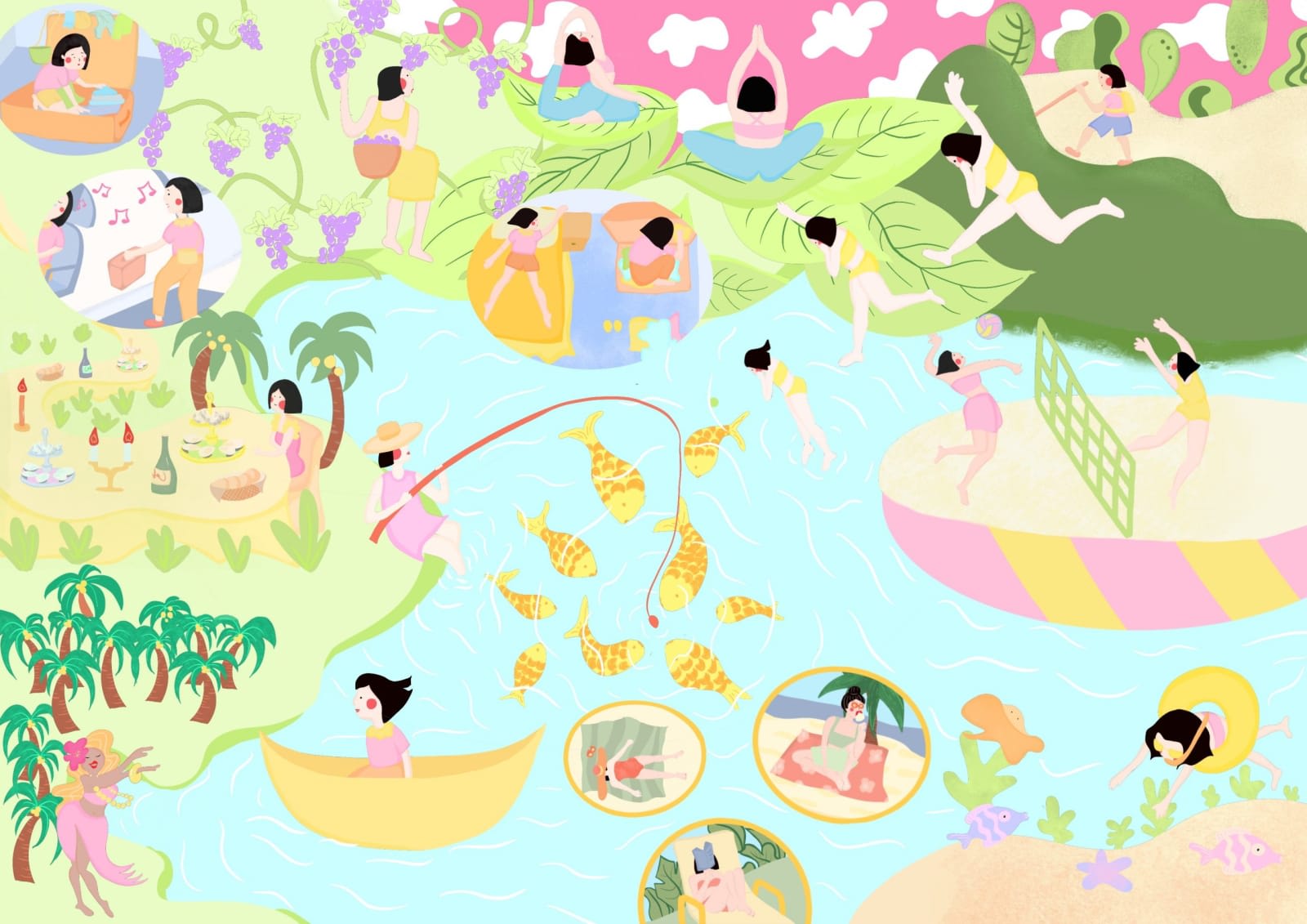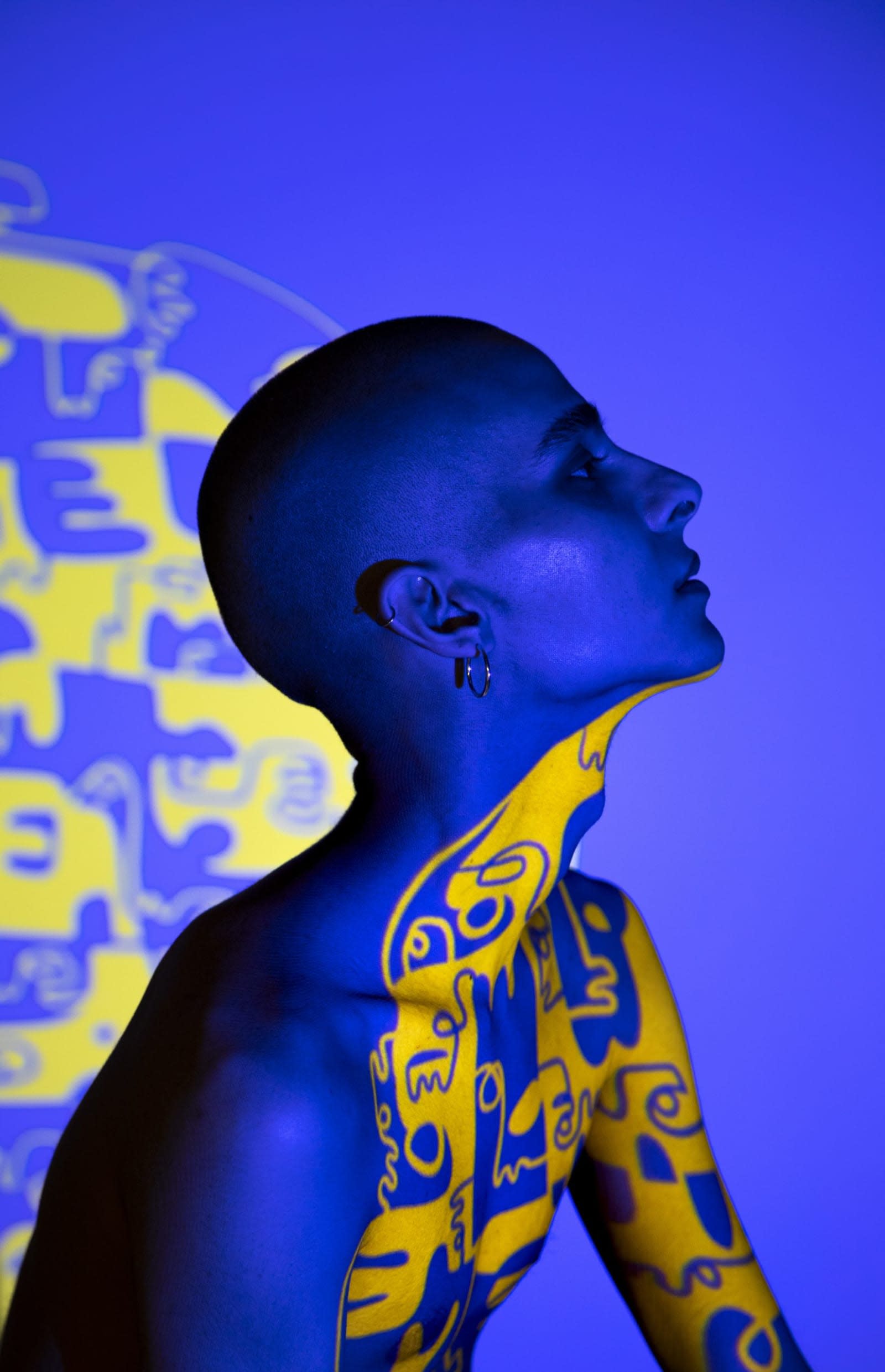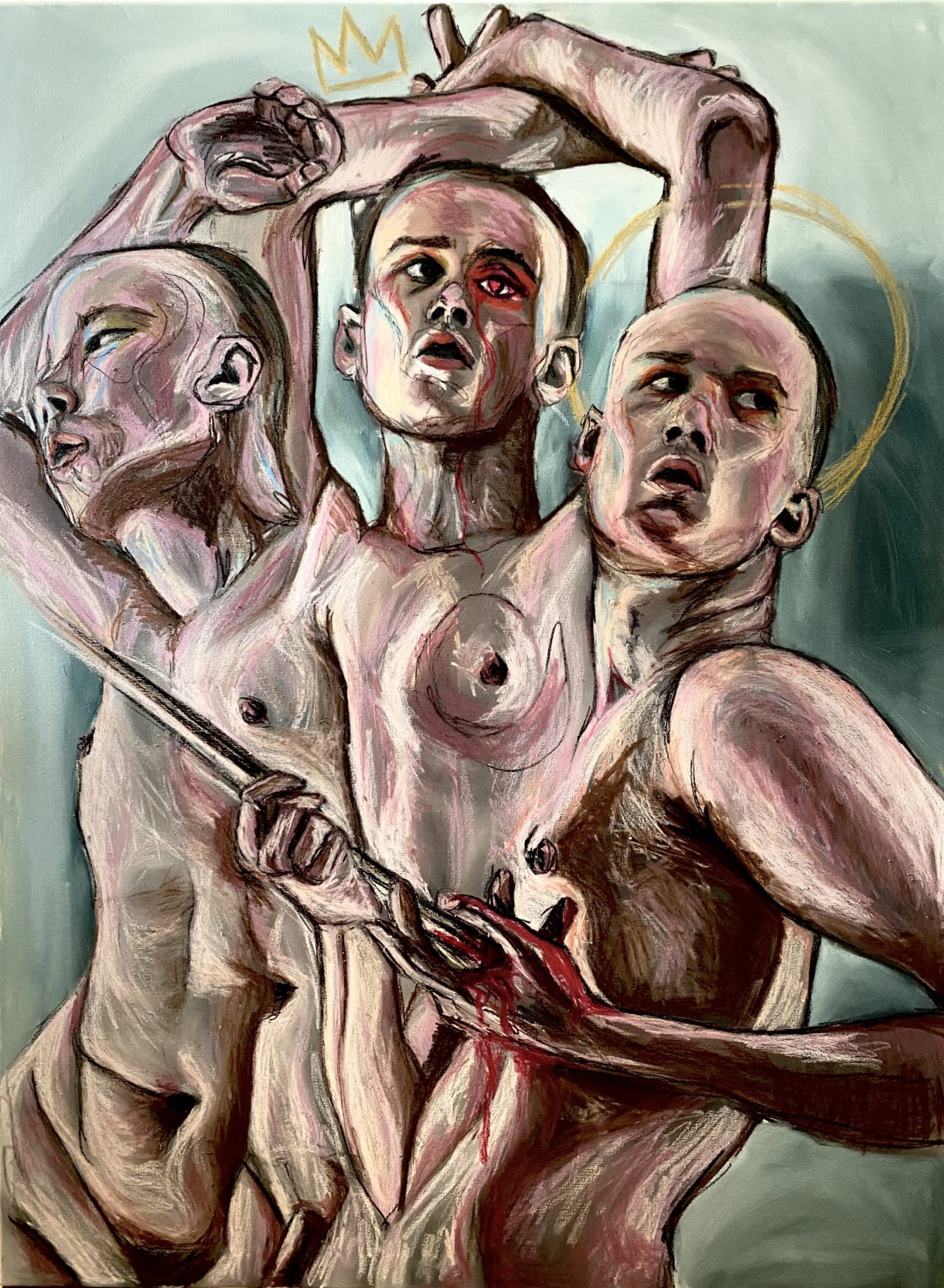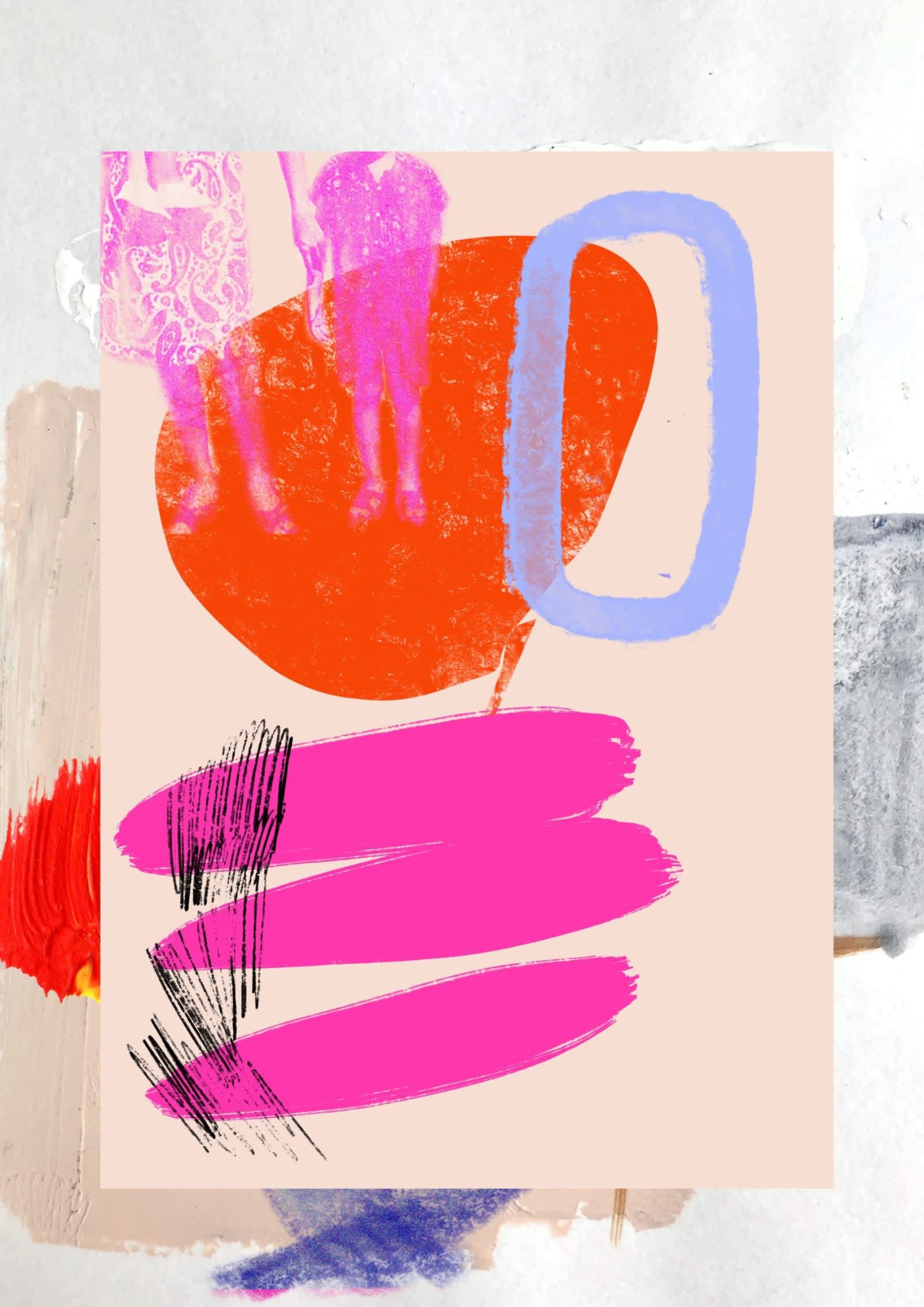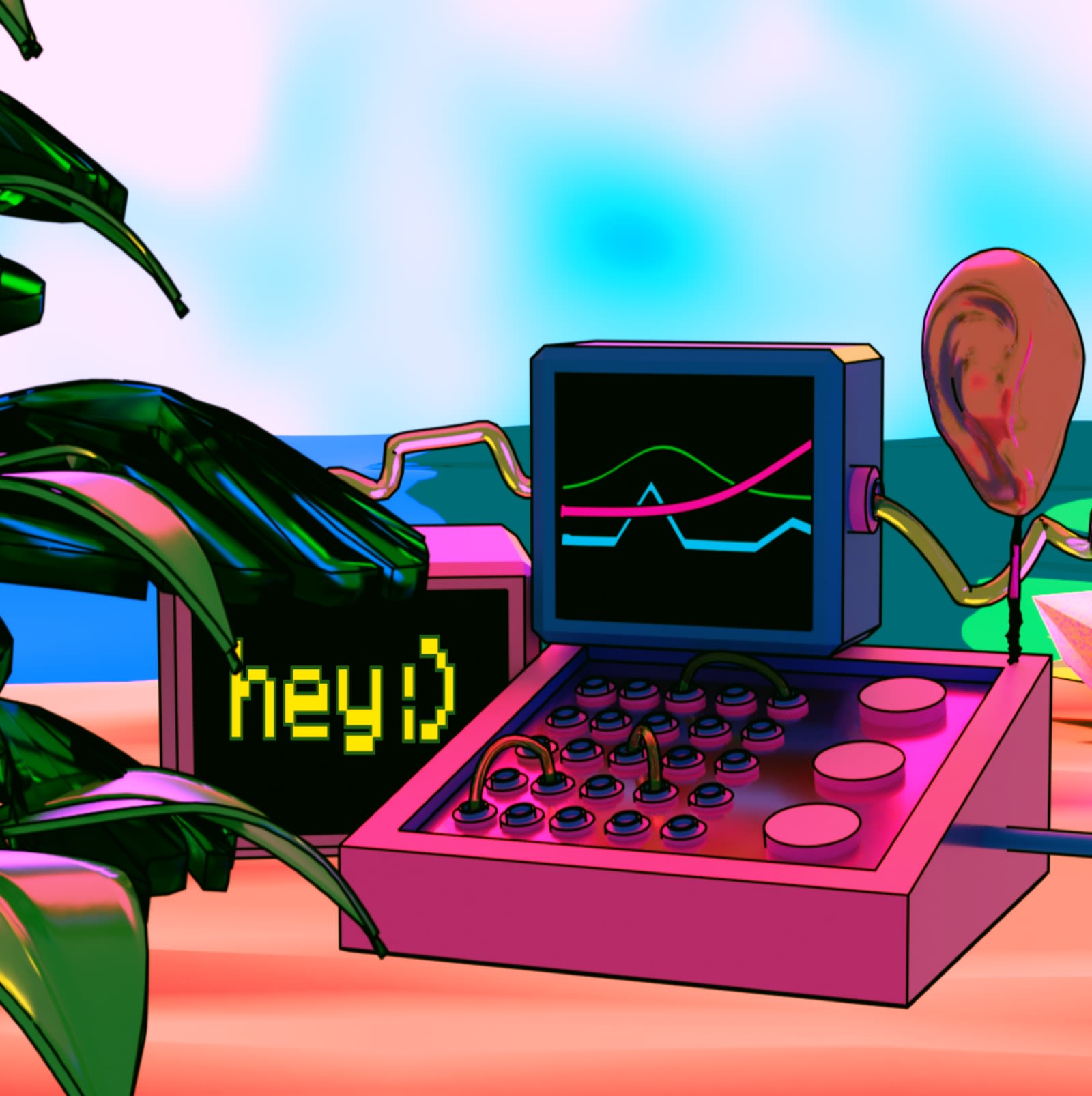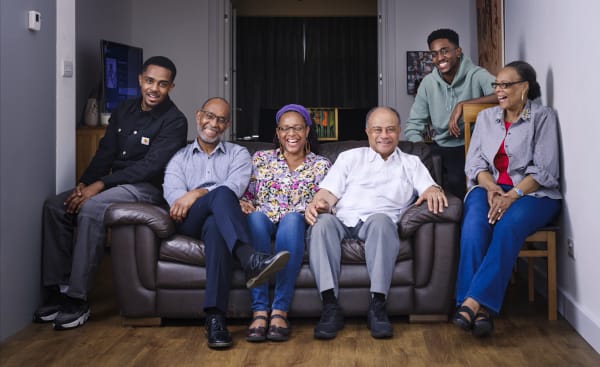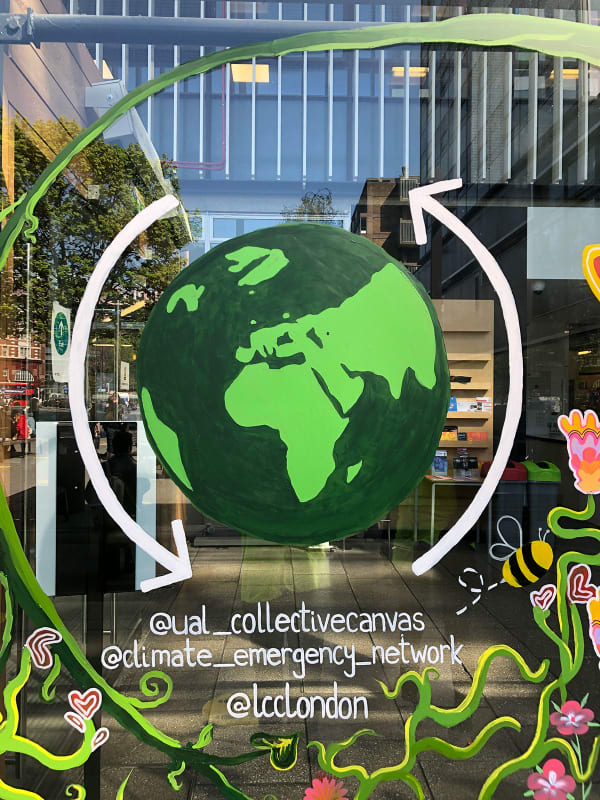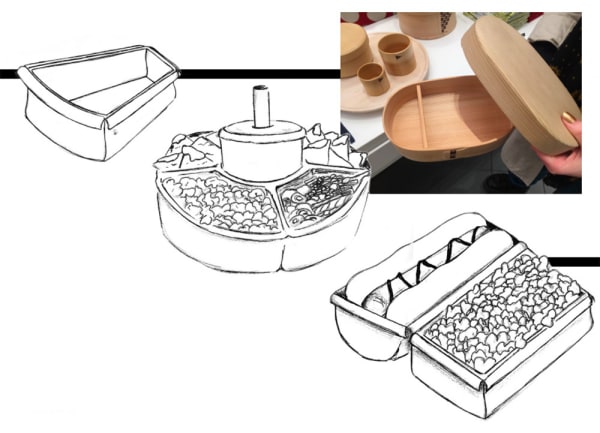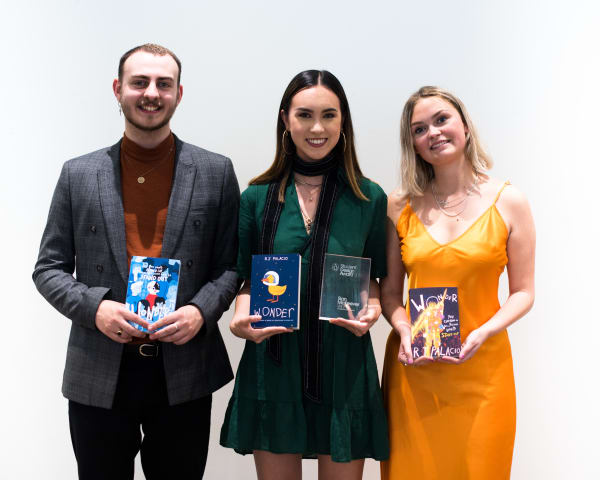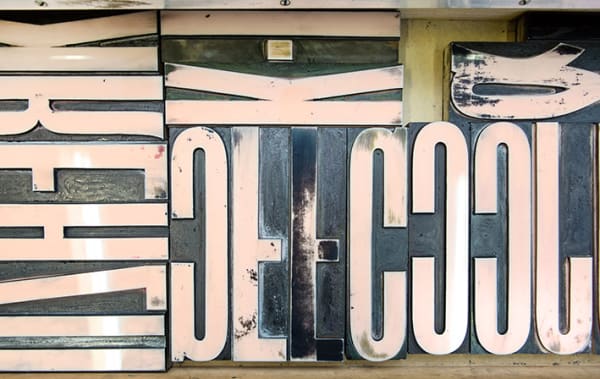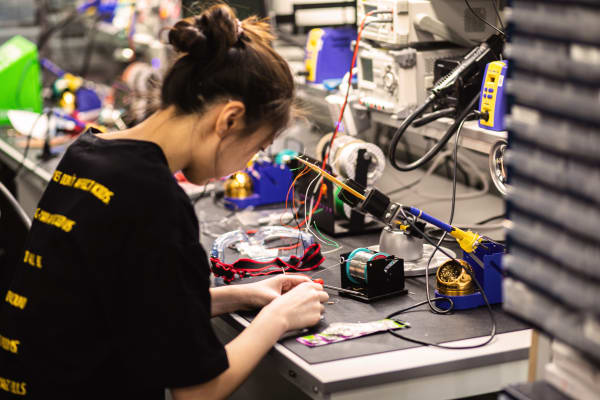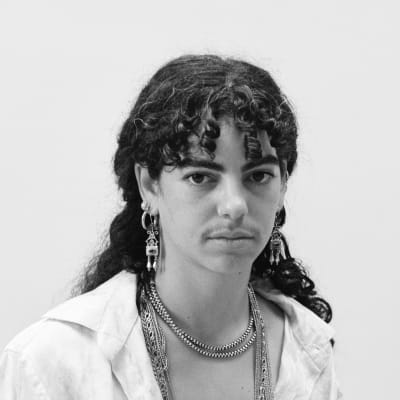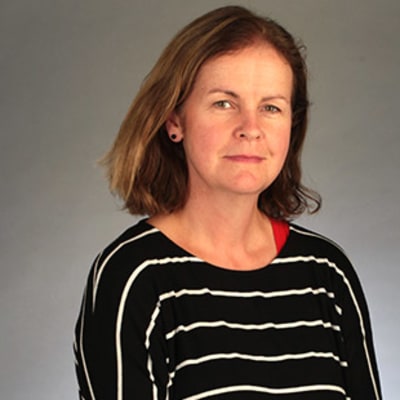Course units
We are committed to ensuring that your skills are set within an ethical framework, and we have worked to embed UAL’s Principles for Climate, Racial and Social Justice Principles into the curriculum and in everything we do and deliver.
As part of this initiative, the course is around social and environmental sustainability principles that ensure learning outcomes reflect the urgent need to equip you with the understanding, skills, and values to foster a more sustainable planet. Our aim is to change the way you think, and to empower one another to work towards a sustainable future.
In common with all courses at the University of the Arts London, this course is credit rated. The course is 3 years, levels 4-6. Each year requires you to achieve 120 credit points. To be awarded the BA (Hons) Illustration and Visual Media qualification, you need to accumulate a total of 360 credits.
Year 1
In Year 1, you are introduced to various media, processes, approaches, contextual perspectives, both practical and intellectual, to develop and realise their your ideas in response to set projects.
1B - Introduction to Illustration and Visual Media (20 credits)
The Intro to IVM unit introduces you to the fundamentals of contemporary illustration and visual media practices, emphasising reflection on personal backgrounds, fostering interconnected skills for effective learning, and promoting a participatory studio culture with an emphasis on professionalism and engagement within a creative community.
1A - Exploration and Play (40 credits)
In the Exploration and Play unit you explore the enhancement of idea generation through process-led activities, emphasising creative investigation and experimentation across various forms and media, incorporating both established and emergent approaches, techniques, and technologies while preparing you to engage with diverse audiences and navigate evolving roles in illustration and visual communication.
2A – Critical Positions (40 credits)
The Critical Position unit highlights research's role in creativity, guiding experimentation to integrate knowledge into visual media, fostering understanding of key concepts, contextualising practice culturally, and developing a distinctive, adaptable visual language to multidisciplinary contexts.
2B – Responsible Design (20 credit)
The Responsible Design Unit introduces core principles of responsible design, exploring the intersection of environmental and social responsibility across various design specialisms, engaging in contemporary debates, and guiding students to develop their own values and strategies for ethical and socially conscious design practice.
Year 2
In Year 2, you will begin to identify your individual interests and distinctive creative language while continuing to experiment broadly.
3B - Professional Practices (20 credits)
In the Professional Practices Unit you will cultivate creative attributes such as proactivity, enterprise, communication, connectivity, curiosity, and self-efficacy, preparing them for diverse modes of practice in the contemporary creative landscape, including industry experiences, social enterprise activities, and freelance work, while critically reflecting on their identity, discipline awareness, and skills enhancement.
3A – Immersive Enquiries (40 credits)
The Immersive Enquiries Unit expands on foundational principles of illustration and visual media. It fosters experimentation, curiosity, and ethical positioning, focusing on individual interests in diverse cultural, social, and technological contexts. The unit encourages ideation, imagination, and critical thinking through various technologies, media, and processes.
4A – Imagined Realities (40 credits)
In the Imagined Realities unit, you explore future models of illustration and visual media. You use speculation, imagination, and transmedia narratives to envision preferred futures and address causes in various fields, sectors, and industries. The unit examines technology's impact on storytelling while promoting a self-directed approach.
4B - Design Cultures (20 credits)
Design Cultures explores the relationship between people, environment, and designed artefacts. It examines design's role in social, cultural, political, economic, historical, and environmental phenomena, fostering a critical understanding of ethical implications. The unit encourages environmentally and socially responsible design and develops you critical voices.
Year 3
Year 3 is the culmination of studies, building upon all that was learned in the previous two years.
5A: - Self-Initiated Research Project (40 credits)
The Self-Initiated unit provides students with the opportunity to undertake a self-initiated research project in design, enabling the integration of theoretical and practical knowledge, fostering critical analysis of relevant debates, and developing ethical research skills to inform future creative practice or theoretical exploration in academic or professional contexts.
5B: - Professional Positioning (20 credits)
The Professional Positioning unit explores professional practice in illustration and visual media. It emphasises theory-practice synergy, fosters conceptual development, refines skills, and prepares for industry challenges. The unit also develops self-advocacy and helps create a representative portfolio for professional communication in professional contexts.
6: - Realisation Portfolio (60 credits)
In the Realisation Portfolio unit, you reflect on your artistic progress and develop a major self-directed project engaging with current sociopolitical issues. The focus is on critical, responsible practices, culminating in a final body of work for professional launch or post-graduate study.
Optional Diploma between Years 2 and 3
Between Years 2 and 3 of your course, you’ll also have the opportunity to undertake one of the following qualifications:
Diploma in Professional Studies (DPS) (Optional)
An optional, year-long learning opportunity which enables you to develop your professional skills by undertaking time out for industry experience. Supported throughout the year by academics, you’ll build on the knowledge gained on your course in a range of national or international locations, and graduate with an additional qualification of Diploma in Professional Studies.
UAL Diploma in Creative Computing (Optional)
Between Years 2 and 3, you can undertake the year-long Diploma in Creative Computing. This will develop your skills in creative computing alongside your degree. After successfully completing the diploma and your undergraduate degree, you’ll graduate with an enhanced degree: BA (Hons) Illustration and Visual Media (with Creative Computing).
